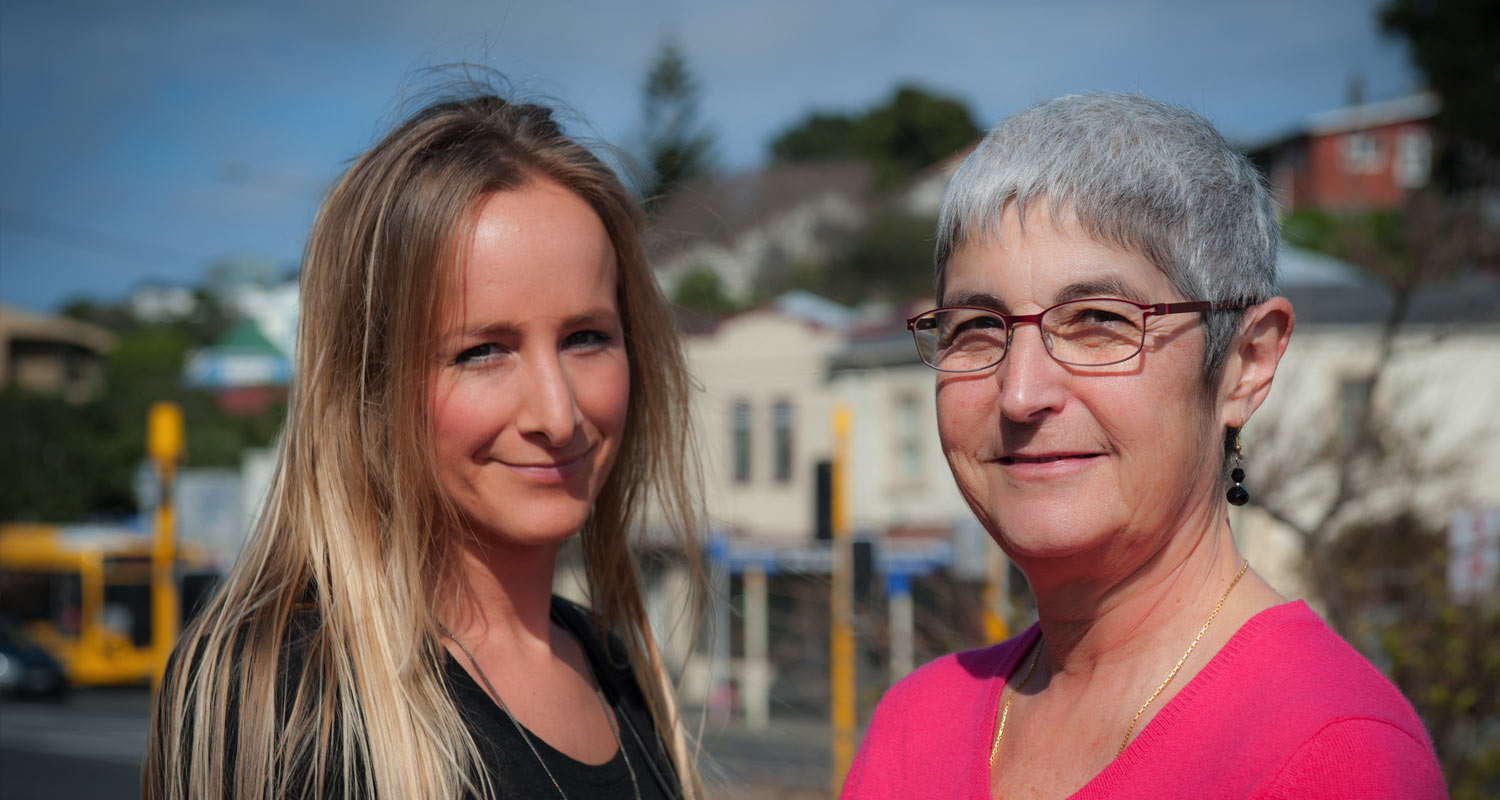
Challenging perceptions
A societal tendency to pathologise and stigmatise refugees and those who work with them is being challenged by University of Otago, Wellington PhD candidate Marieke Jasperse.
Trained as a cross-cultural psychologist, Jasperse (above, left) is concerned that refugees are often diagnosed with post-traumatic stress disorder, while those who work with them are perceived as “at risk” and suffering from vicarious trauma.
She has repeatedly seen the impacts of this perspective during 12 years working and volunteering in refugee resettlement in Wellington. What's needed instead, she says, is a holistic perspective that acknowledges the challenges of working in this context, but also draws attention to the resilience of refugees and opportunities for personal and professional growth.
“The way in which people talk about refugees and resettlement, particularly people in a position of authority, has significant implications for how others who then hear those conversations go on to perceive refugees – even when they themselves may have had limited to no contact with refugees.”
Conversations dominated by “trauma” and “burden” can feed people's prejudices. In turn, refugees who face that prejudice can be left questioning their place in society.
In her advocacy and support work in resettlement, Jasperse knows it can be challenging, but also rewarding.
“There absolutely needs to be a more balanced discussion about this. I want to draw attention to the derogatory ways in which we talk about refugees, challenge that and provide evidence to the contrary.”
Following ethical approval she has been recruiting research participants through NGOs working with refugees. Their enthusiasm for her research has, she says, been “overwhelming".